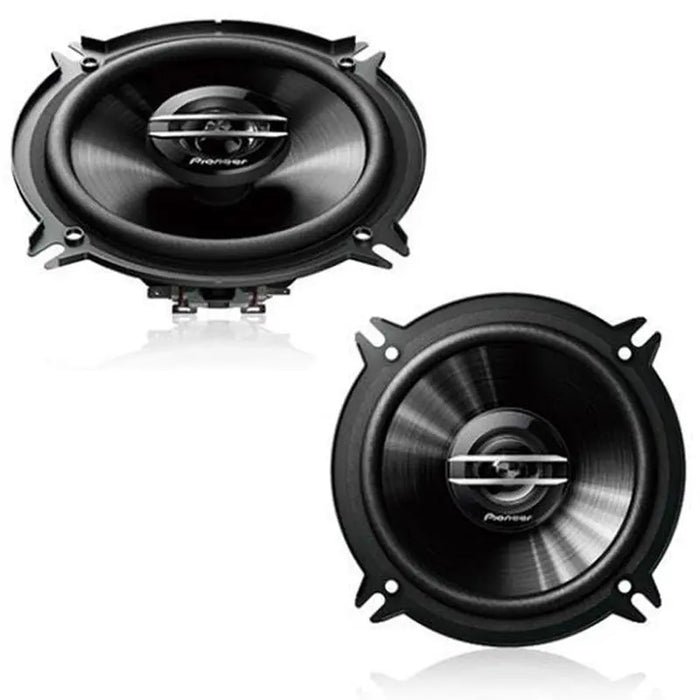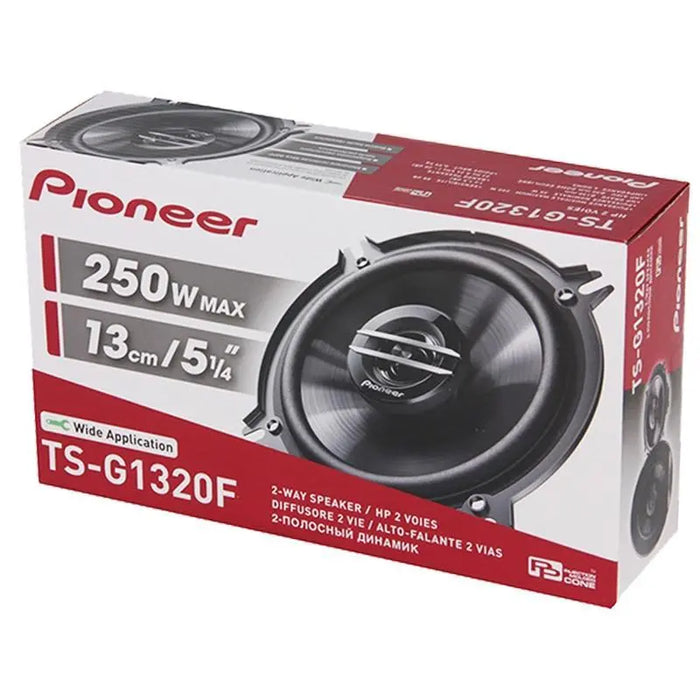
Pioneer TS-G1320F 2-Way 5.25" Coaxial Speakers 250 Watts Max 4 ohms 35W Nominal




California’s Proposition 65 protects California consumers by requiring special warnings for products that contain chemicals known to the State of California to cause cancer, birth defects or other reproductive harm where those products would expose consumers to such chemicals above certain threshold levels.
If a product description on this site directed you to this page, the warning for this item is:
Customers with a California billing or ship to address.
California implemented new guidelines for Proposition 65 warnings, effective August 30, 2018. These guidelines were applied to make the warnings more clear and reasonable.
Learn more from the California Office of Environmental Health Hazard Assessment (OEHHA) site here.
test
California’s Proposition 65 protects California consumers by requiring special warnings for products that contain chemicals known to the State of California to cause cancer, birth defects or other reproductive harm where those products would expose consumers to such chemicals above certain threshold levels.
If a product description on this site directed you to this page, the warning for this item is:
Customers with a California billing or ship to address.
California implemented new guidelines for Proposition 65 warnings, effective August 30, 2018. These guidelines were applied to make the warnings more clear and reasonable.
Learn more from the California Office of Environmental Health Hazard Assessment (OEHHA) site here.
